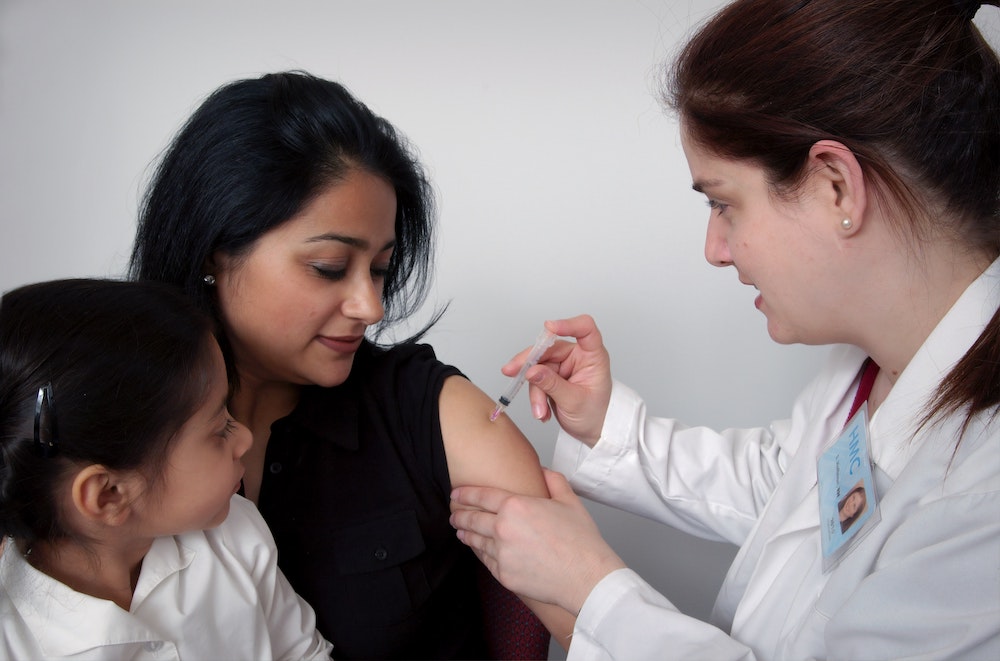
Reproductive Health company Natural Cycles, known for its contraceptive mobile app, has teamed up with renowned institutions and clinicians in the field of women’s health to research the relationship between COVID-19 vaccines and the menstrual cycle.
The findings have now been published in Obstetrics & Gynecology and analyzed the cycles of nearly 4,000 US-based Natural Cycles users to determine if COVID-19 vaccines changed cycle length or period length. The results found an average change of less than one-day in overall cycle duration following vaccination and no changes to period length. In the rare instance that a user received two vaccine doses within the same menstrual cycle, the average change in cycle length may increase to two days, but these changes are temporary and appear to resolve quickly in subsequent cycles.
“This research is reassuring given the many questions around the impact of the COVID-19 vaccines on the menstrual cycle and the lack of evidence to answer these questions prior to our study,” said Dr. Jack Pearson, Natural Cycles’ lead medical researcher and medical expert. “The menstrual cycle is often overlooked and under-researched, especially when considering what a key indicator it is for a woman’s overall health.”
Researchers compared cycles of vaccinated (2,403) and unvaccinated (1,556) individuals. Those who were vaccinated received mostly Pfizer-BioNTech (55%, Moderna 35%, Johnson & Johnson 7%) and all who participated in the study gave consent to use their de-identified data.
“Our users not only appreciate our commitment to driving research around reproductive health and menstrual cycles forward, but support us in our mission,” said Dr. Elina Berglund, Co-founder and Co-CEO of Natural Cycles. “Immediately after the vaccines were authorized, users asked us to investigate the potential impact of them on their menstrual cycles, volunteering their data. We couldn’t have done this research without them and our research partners.”
Natural Cycles partnered with leading researchers and clinicians, including Alison Edelman, M.D., M.P.H., professor of obstetrics and gynecology at Oregon Health & Science University School of Medicine.
“This research is critically important. People want this information so they know what to expect when they get vaccinated,” said Dr. Edelman. “This is especially true for those individuals – including those who may be hoping to achieve, or avoid, pregnancy – where any change in the length of a monthly cycle might be troubling.”
Since the Natural Cycles algorithm uses advanced statistical methods and never assumes ovulation has happened without detecting a rise in temperatures, it’s able to account for cycle changes and irregularity.
This paper is Natural Cycles’ 14th peer reviewed publication with academic and clinical collaborators and is not the first time its research has discovered crucial information around the menstrual cycle. In 2019 Natural Cycles released a study of over 600,000 cycles, one of the largest of its kind, finding that only 13% of cycles were 28 days long, debunking the myth of the 28-day cycle. The company recently published a peer-reviewed research paper around the effects of pandemic stress on menstrual cycles in the Public Library of Science (PLOS ONE).
The Obstetrics & Gynecology study was funded by a grant from NIH’s Eunice Kennedy Shriver National Institute of Child Health and Human Development (NICHD) and the NIH Office of Research on Women’s Health.



